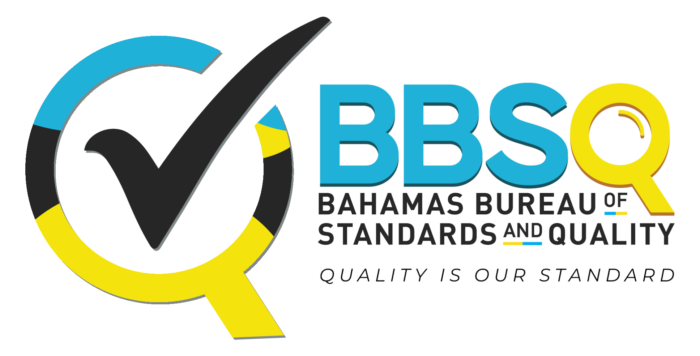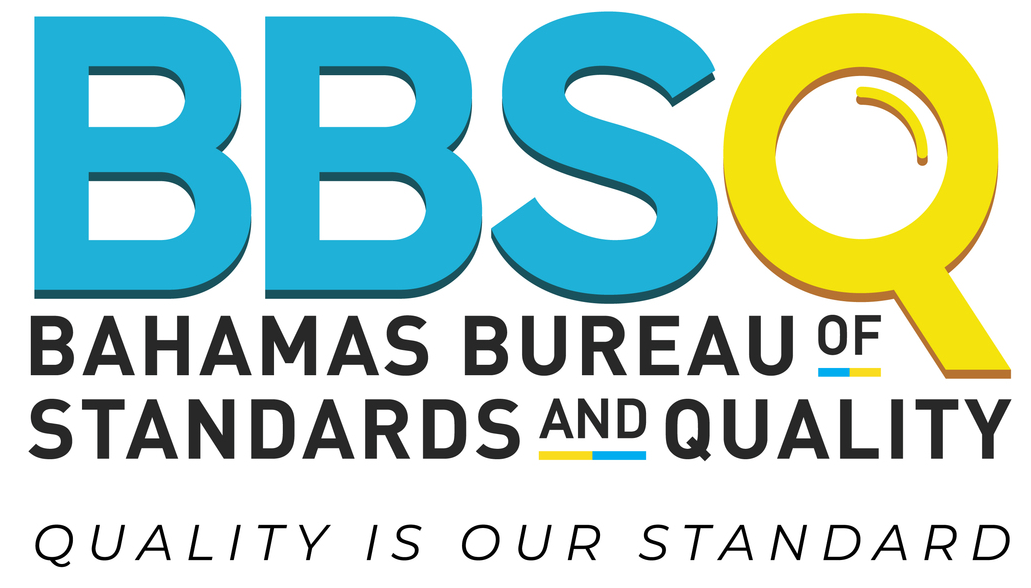How we are working to ensure quality?
Quality Assurance Marks (coming soon)
In addition to the implementation and adoption of standards, BBSQ is working to introduce quality assurance marks. These are symbols used to indicate that both products and services meet specific quality standards. These marks instill confidence in consumers, assuring them of the reliability, safety, and excellence of the offerings. Whether applied to tangible goods or intangible services, quality assurance marks play a crucial role in upholding industry standards, building trust with customers, and promoting overall customer satisfaction. BBSQ will be introducing these marks in the near future to further safeguard the consumer during the buying process.




